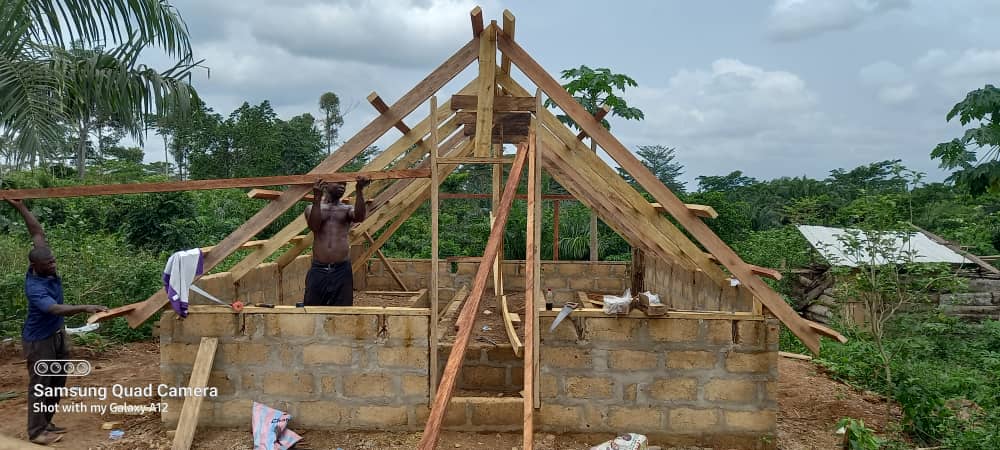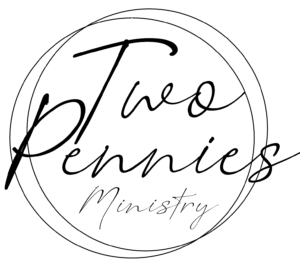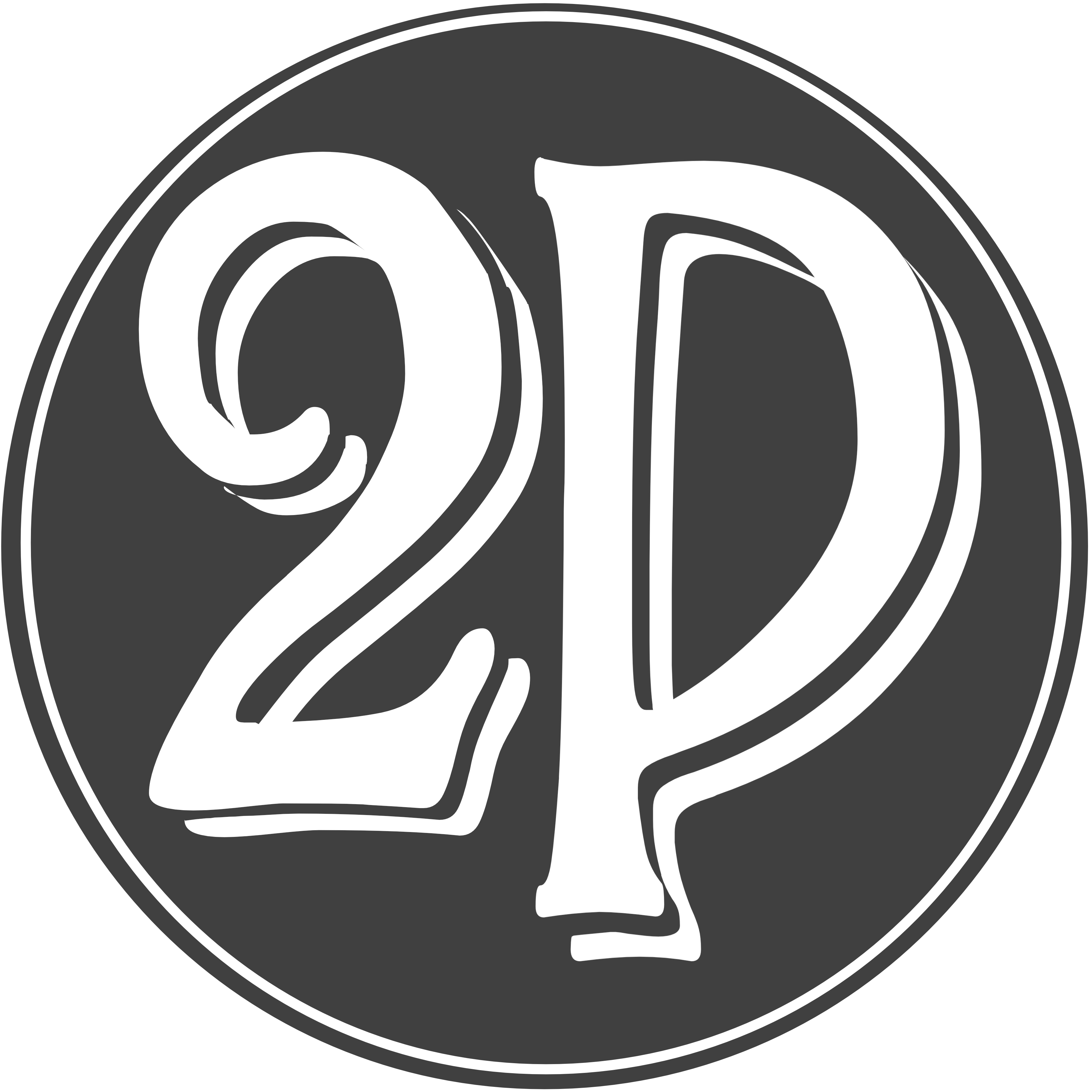Dealing with inflation
It is easy for us to see it in the price of our everyday goods and services. From the grocery store to the gas pump we see inflation at work. The “official” inflation rate here in the US over the last year is about 8%, although many people believe it to be substantially higher. Although it is hard to believe, the “official” inflation rate in Ghana is nearly 20%. Food prices have been especially hit hard. The product that we sell is food. That should mean that we are getting higher margins for our product, but it also means that we should be paying more for our raw material (cassava). Food isn’t the only area that has been affected. Construction materials to build our piggery and solar room have increased by nearly 20% since the beginning of the year! Akim Kwameng is located in a rural area and the cost of transporting materials magnify the increases.

Since we first traveled to Ghana in 2011, the exchange rate of the US dollar to the Ghanaian Cedi has gone from $1 = 1.49 Cedi to $1 = 7.60 Cedi. Since the beginning of this year, it has gone up 23% As you can imagine, this affects our mill and our workers in many ways. They are the same problems companies face here but magnified. If you’d like to read more about this, check out this article: Inflation in Ghana
With worker wages stagnant and food prices increasing, people are forced to purchase less food and either try and grow more or do with less. In addition, most of our workers rent homes and housing has increased by 21%. It is a challenge we are trying to overcome as we walk alongside our workers. One of our key approaches to the work that we are doing at the mill is to make it self-sustaining. This means that while we might support capital projects like the mill, the solar room, and the piggery, all wages for workers are paid for by the work that they do. When we sell our garri (the finished product of cassava), all of our revenue goes toward expenses of the mill which include labor, fuel, supplies, maintenance, security and raw materials. Right now, we are running a slight loss (about 6%).
In the short term, this means that, like everyone else, we must raise the price of our product. Unfortunately, the price of garri is set by the market and right now, garri has not kept up with inflation. This partially accounts for our losses. As we look to finish the solar room, we will be in a position to begin making animal feed from the peels. This means that we will be able to start raising our own livestock. Meat (pork, goats, chicken, beef) is an expensive commodity and is a vital part of our strategy moving forward. In the meantime, we continue pressing forward in faith, grateful for leaders on the ground in Ghana who are striving to help people flourish.
If you have ideas, comments, questions, or suggestions, feel free to reply to this post.
Two Pennies Ministry is a 501(c)3 charity, EIN 83-3269475. We can be found at 1735 W Highland Ave, Elgin, IL.

